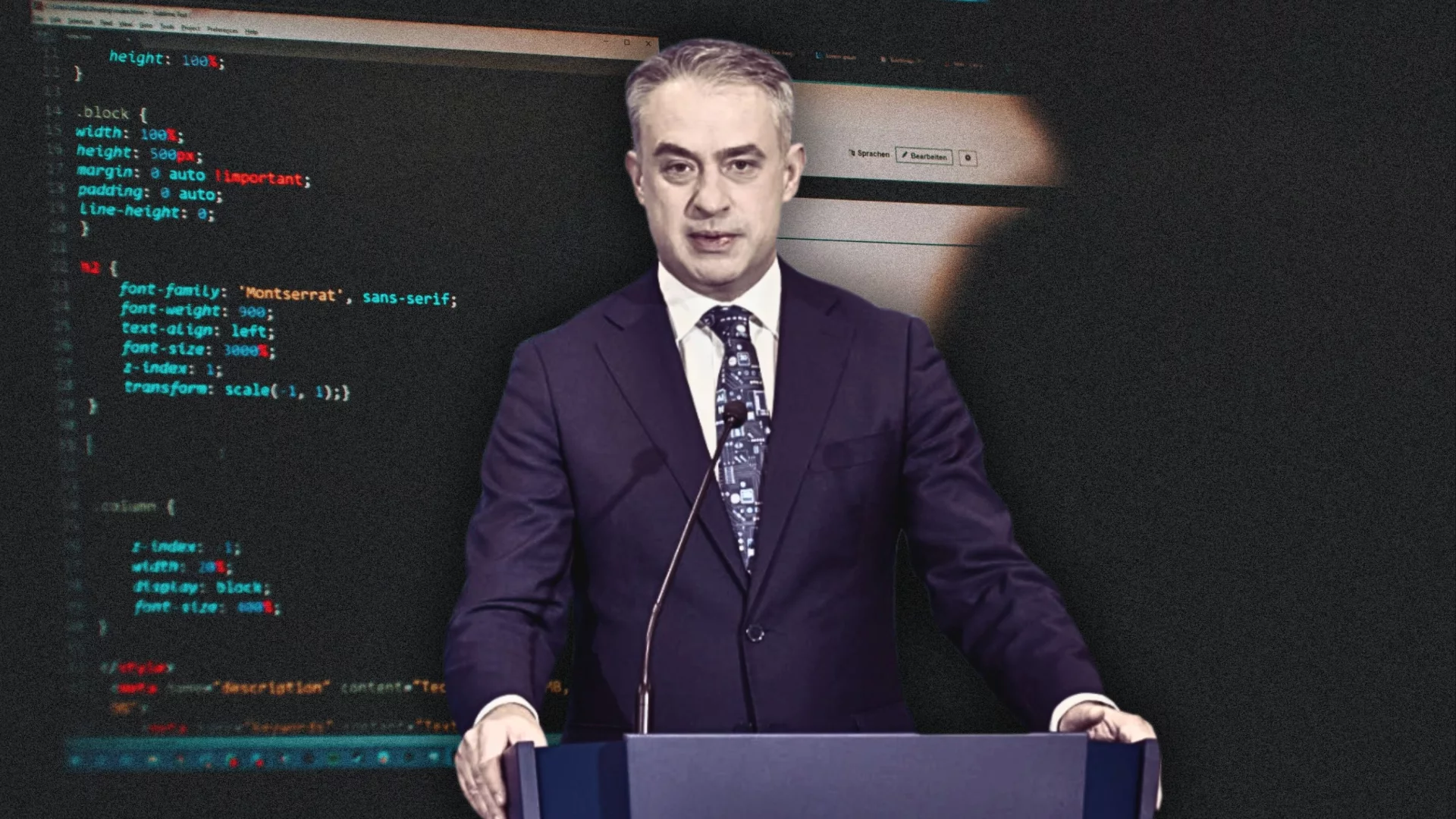
Big Tech может использовать чипы мозга для чтения ваших внутренних мыслей
Новое исследование Стэнфордского университета показывает, что нейронные имплантаты, также известные как интерфейсы мозг-компьютер (BCI), могут не только помочь парализованным людям общаться. Они потенциально могут обнажить ваши самые сокровенные мысли в Big Tech.

Опубликовано в медицинском журнале Cell, Исследования показывают, что эти устройства могут декодировать сигналы мозга, чтобы быстрее и с меньшими усилиями производить синтезированную речь.
BCI работают, используя крошечные электродные массивы для мониторинга активности в моторной коре головного мозга. область, контролирующая речевые мышцы. До сих пор технология опиралась на сигналы от парализованных людей, активно пытающихся говорить. Команда Стэнфорда, однако, обнаружила, что даже воображаемая речь генерирует подобные, хотя и более слабые, сигналы в моторной коре. С помощью искусственного интеллекта, Они перевели эти слабые сигналы в слова с точностью до 74% из 125 000 слов.
Мы записываем сигналы, когда они пытаются говорить, и переводим эти нейронные сигналы в слова, которые они пытаются сказать. По словам Эрин Кунц, постдокторанта-исследователя в трансляционной лаборатории нейронных протезов Стэнфорда.
Но этот технологический скачок поднял красные флаги среди критиков, которые предупреждают о мрачном будущем, где ваши личные мысли могут быть раскрыты.
Нита Фарахани, профессор права и философии Университета Дьюка и автор Битва за свой мозг«Чем больше мы продвигаем это исследование вперед, тем более прозрачным становится наш мозг. "
Фарахани выразил обеспокоенность тем, что Технологические гиганты, такие как Apple, Google и Meta, могут использовать BCI для доступа к умам потребителей без согласия, призывая к таким гарантиям, как пароли, для защиты мыслей, предназначенных для сохранения конфиденциальности.
"Мы должны признать, что эта новая эра прозрачности мозга действительно является для нас совершенно новым рубежом.- сказал Фарахани.
В то время как мир зацикливается на искусственном интеллекте, некоторые из самых влиятельных игроков технологической индустрии вкладывают миллиарды в BCI. Илон Маск, самый богатый человек в мире, собрал 1,2 миллиарда долларов для своего предприятия Neuralink, которое в настоящее время проводит клинические испытания с ведущими учреждениями, такими как Неврологический институт Барроу, Проект Майами по лечению паралича и Клиника Кливленда в Абу-Даби.
Теперь в бой вступает другой технический титан.
Соучредитель OpenAI Сэм Альтман запускает Merge Labs, чтобы бросить вызов Neuralink Маска. Согласно Financial Times, при поддержке венчурного подразделения OpenAI, которое оценивается в 850 миллионов долларов, Merge Labs ищет финансирование в размере 250 миллионов долларов. В то время как Альтман будет соучредителем вместе с Алексом Бланией из проекта Iris-scanning World, источники говорят, что он не будет играть оперативную роль.
Тайлер Дерден
Сат, 08/23/2025 - 09:55












